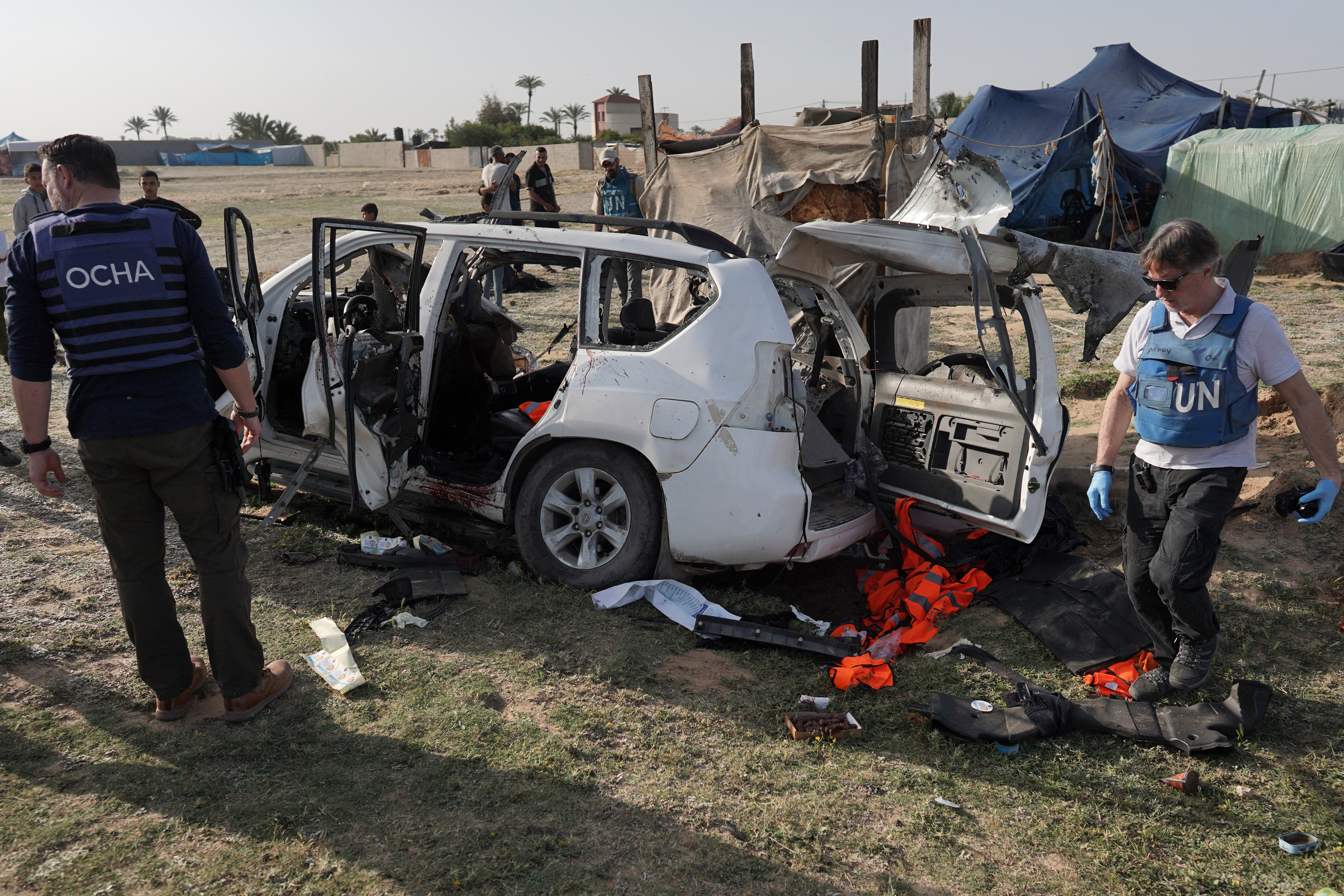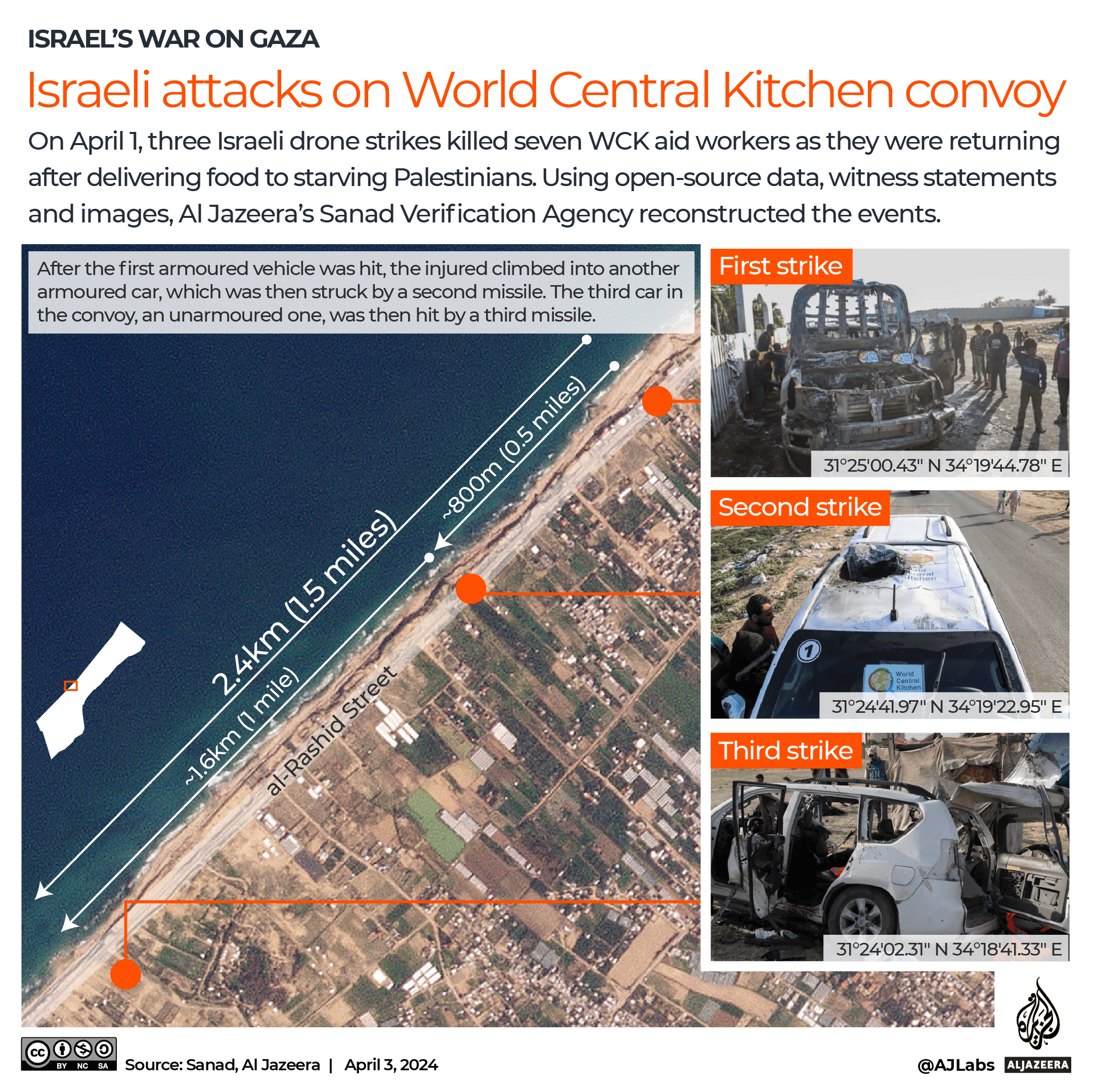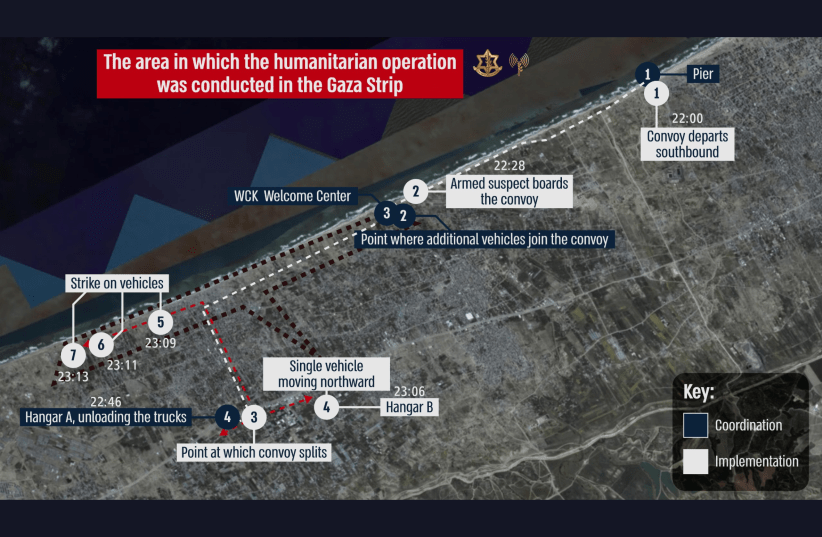Captive’s mother calls for ‘regional diplomatic agreement’
Meirav Leshem Gonen, the mother of Israeli captive Romi Gonen, has called for a diplomatic solution to escalating tensions in the Middle East, as she addressed thousands of Israelis gathered in Tel Aviv on Thursday night.
“We all cry out – enough!” she said at the march, marking 300 days since the Hamas-led October 7 assault on southern Israel.
“Now is the time for our country to take one courageous action and advance a regional diplomatic agreement,” she said.
Romi Gonen was taken from the Supernova music festival on October 7. Addressing her daughter and other captives in Gaza, Meirav said, “We will not rest until you are all back home.”
“We are acting on every front – military, political, diplomatic – both openly and covertly – to ensure that in the coming days, you will start returning here,” she said.

Israelis take part in a march in Tel Aviv, on August 1, 2024 marking 300 days since the October 7 attack on southern Israel by Hamas and calling for a deal to be reached for the immediate release of captives held in Gaza
Day 300 of Israel’s ‘genocide’ in Gaza a ‘blight on all humanity’, says scholar
Marking the 300th day of Israel’s war on Gaza today, Palestinian-American scholar Noura Erakat said it was “maddening and shameful” that the world had not been able to stop one of the “grossest, most blatant colonial genocides”.
In a post on social media, Erakat said Israel’s genocide in Gaza has featured the use of advanced weapons as well as the spread of disease, “poisoning of the earth” as well as sexual assault and torture.
Israel’s genocide must be remembered for what it is, Erakat said, adding “we cannot afford to lose the next battle over narrative”.
“A blight on all humanity, to ascribe shame to all who let it happen [and] glory to those who fought so that the future indeed ensures: never again,” she said.
Australian review shows Israeli military failures resulted in killing of aid workers
An Australian government review into the deaths of several aid workers in Gaza has concluded that “serious failures” such as “mistaken identification” by the Israeli military resulted in their killing, Foreign Minister Penny Wong has said.
Wong said Australia would push for full accountability from those responsible, including criminal charges if appropriate.
In April, an Israeli drone carried out three air strikes on a World Central Kitchen convoy, killing seven aid workers from the US-based NGO. The deaths of an Australian, three Britons, a North American, a Palestinian and a Pole triggered global outrage.
The charity, which provides vital food distribution programmes for Gaza’s starving population, resumed its work in May after suspending operations following the attack.

The vehicle in which employees from World Central Kitchen were travelling in when they were killed by an Israeli air strike in Deir el-Balah, central Gaza, on April 2

























































